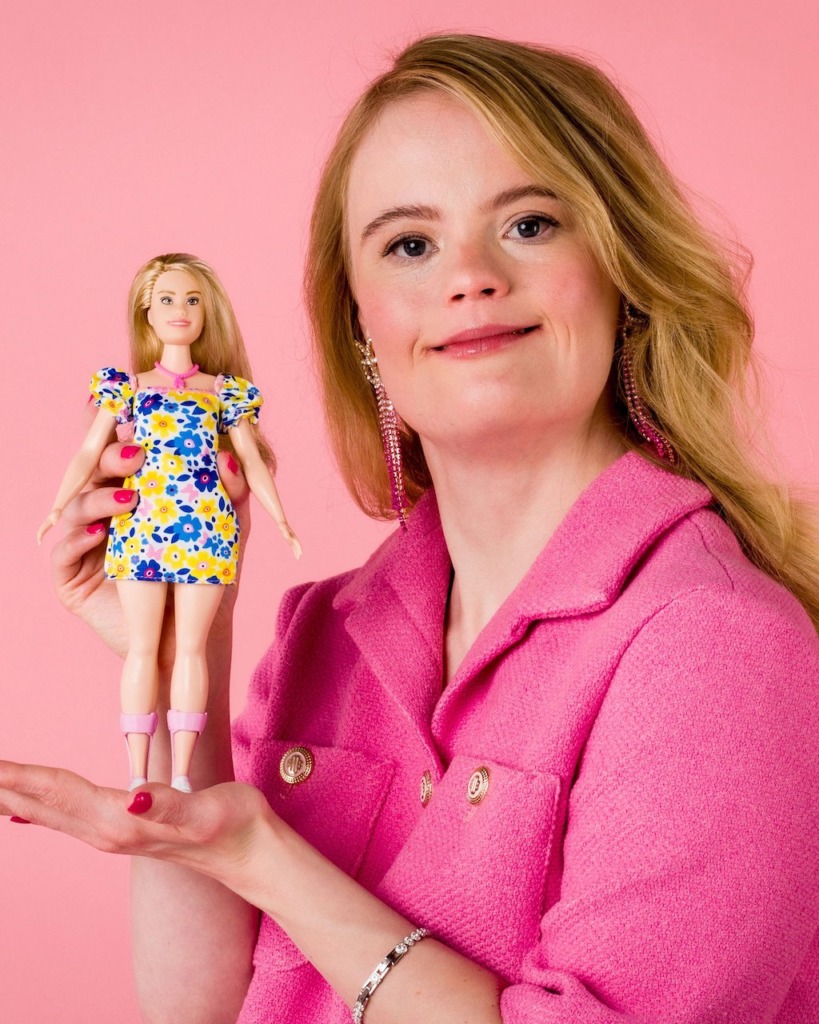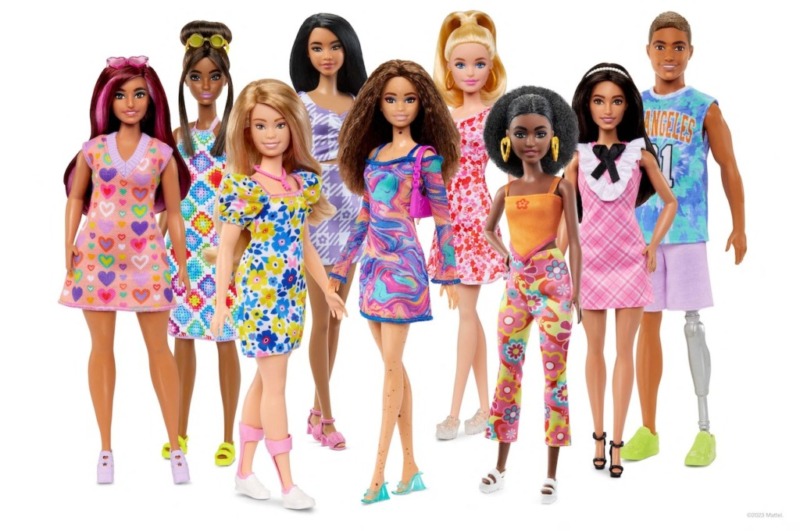(OSV News) – When Mattel announced the release of a Barbie doll portrayed with Down syndrome April 25, the global toymaker explained the addition to its product line is intended “to allow even more children to see themselves in Barbie.”
But a corresponding awful and certainly unintentional irony is that – due to elective abortion – the doll has fewer potential lookalike playmates than ever before.
While estimates vary, elective abortions of children whose Down syndrome is detected in prenatal tests are as high as 67-75% in America. In Denmark, the figure is 98%, while other European nations report rates exceeding 90%. In England, Wales and Scotland, the rate is 90%, as it is in mainland China. Virtually no children are born with Down syndrome in Iceland.
Speaking with OSV News concerning the new Barbie doll, Mark Bradford – founding president of the Jérôme Lejeune Foundation USA – said, “I think we have to see this as a positive development, and use it to point out the contradiction of promoting individuals with disabilities, and using Down syndrome as the symbol of that, against the push – and there is a push in many areas of this country – for prenatal diagnosis and the termination of individuals with Down syndrome.”
Bradford also is now the Venerable Jérôme Lejeune fellow at Bishop Robert E. Barron’s Word on Fire Institute. Lejeune, the French scientist who identified the genetic cause of Down syndrome, is a candidate for sainthood. In January 2021, his “heroic virtues” were officially recognized by Pope Francis, who declared him “venerable.”
Bradford has a son with Down syndrome and five daughters. “When our daughters had Barbie dolls 20 years ago and more, Barbie was pretty much white, and you could either get brown hair, blonde hair or red hair,” recalled Bradford.

“Eventually, skin tones became more varied, and ethnicities became more varied, and so they began to open up, and appeal to more of what the United States looks like nowadays,” he added.
Lisa McKnight, executive vice president and global head of Barbie & Dolls, noted in a Mattel press release that the new Barbie also is meant to encourage “children to play with dolls who do not look like themselves. Doll play outside of a child’s own lived experience can teach understanding and build a greater sense of empathy, leading to a more accepting world,” McKnight said in the statement.
The doll quickly sold out online at major retailers, leaving parents to complain in Mattel’s website comment boxes that it could only be found on eBay selling at $85 instead of the $10.99 retail price.
“Additional product will be available this summer,” Aly Lloyd, Mattel’s senior PR associate for Barbie & Dolls, told OSV News.
To reflect someone with Down syndrome, the doll features a body shape and face sculpt different than a traditional Barbie; Mattel notes these “physical features were reviewed by a medical professional.”
Its blue and yellow outfit highlights the colors of Down syndrome awareness, and it sports a pendant necklace representing both the Down syndrome community and chromosome symbols genetically associated with Down syndrome. It also wears ankle foot orthotics for support, as do some children with Down syndrome.
“As parents – and consumers – we get to choose the culture we want,” Daniel Schreck, current president and chairman of the Jérôme Lejeune Foundation USA, said in a statement to OSV News. “That means supporting companies and causes that align with the values we teach at home.”
“Mattel is proud to continue its partnership with NDSS by donating 2,500 Barbie Fashionista dolls, inclusive of the Barbie doll with Down syndrome, to the NDSS flagship New York City Buddy Walk® on September 9,” Lloyd said in a statement.
Launched in 1995 by the National Down Syndrome Society (NDSS), the Buddy Walk is a fundraiser that promotes acceptance and inclusion for those with Down syndrome.
The U.S.-based National Down Syndrome Society partnered with Mattel on the Down syndrome Barbie project, and its logo is displayed on packaging.

